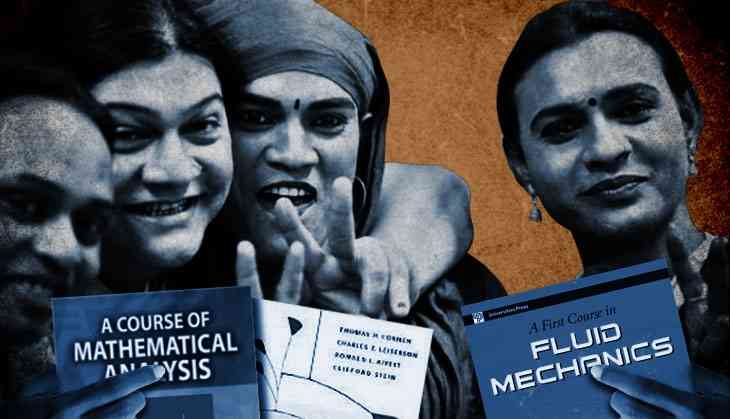Impact of IGNOU fee waiver: V-C expects almost 500 transgender applicants

The Indira Gandhi National Open University's (IGNOU) progressive decision to waive off full fees for transgender applicants has met with a lot of appreciation, especially from the transgender community.
Many transgender activists took to social media to praise the decision calling it a very encouraging move. Transgender rights activist Kalki Subramaniam told Catch: “I think it is a great initiative taken by the university. Many transgenders have not been able to continue education because of the fee factor. Many will be very interested in pursuing higher education.”
IGNOU vice-chancellor Ravindra Kumar made the announcement on Sunday during the 22nd Prof G Ram Reddy Lecture in New Delhi. IGNOU celebrates 2 July every year in the memory of the founding vice-chancellor of the university, and invites eminent educationists and scholars to deliver lectures on higher education, especially in the open and distance-learning programmes.
Immediate impact
According to Kumar, the university will see an immediate impact of the decision, as there has already been a significant increase in the applications. Kumar told Catch: “The admission process is still on. At the end of this month, we will be able to compile the numbers, but we have already received more than 100 applications from transgenders from all over the country for various courses. I am expecting the numbers to be as high as 500 this year.”
The admission process will end on 31 July.
Till the last academic year, IGNOU had just about 20 transgender students enrolled in the varsity, according to the V-C.
Kumar added: “An NGO working for transgender rights approached IGNOU, asking to give admissions to transgenders. We were already open to admissions for transgenders since we have been recognising the 'other' gender category even before the Supreme Court decision in 2014. That is when the idea struck us. Our regional centres also informed us that there will be a high number of aspirants if fees are waived off. Since many transgenders aren't financially capable of affording education, we wanted to provide them a window of opportunity to uplift their social status, self-respect and confidence. The fees waiver is insignificant as compared to the positive outcome it can have for the community.”
IGNOU had introduced the 'other' gender category in their admission process in 2012 — before transgenders were officially recognised as the third gender by the Supreme Court in 2014 in a landmark decision.
The V-C also told Catch that the decision to waive off fees completely was a university decision, and did not include the Centre's intervention. “The Central government did not have anything to do with this decision. The university had been wanting to take some welfare measures for transgenders, and hence the plan was executed by the university.”
Proof required
The university has put one condition for applications – a valid identity proof issued by the Central or state government/medical officer/Aadhaar card, etc. However, not all transgenders in the country have valid identification proof, since the third gender was recognised only in 2014.
The V-C said documentary proof was being asked for only to keep away impostors. “After hearing of the fee waiver, some people might declare themselves transgender. What mechanism will we have to check this? That's why we're asking for some proof to ascertain their gender,” he said.
In response, Kalki Subramanium said: “The rules will need to be a little more open for admissions. Some haven't yet been able to get valid identification cards with their genders mentioned. Also, many have not passed Class 12 or studied at the undergraduate level. At least certificate or vocational courses should not demand school passing certificates or graduation certificates. Too many conditions should not be placed for admissions, otherwise what will be the use? Also, we hope that the fee waiver will be in place for the next several years.”
Subramanium also added: “As important as education is, livelihood for transgenders is an issue that needs to be given some serious focus. Such measures by educational institutions like IGNOU are very encouraging, but the civil society and the government needs to think about how this education will benefit transgenders in terms of jobs and sustaining their livelihood. Only then will initiatives like this be a success.”
First published: 4 July 2017, 20:13 IST

